Sexual Wellness
7 Sex-Related Myths Debunked! Do Away With The Disinformation
3 min read
By Apollo 24|7, Published on - 15 June 2022, Updated on - 03 April 2023
Share this article
0
41 likes

Talking about sex openly has always been a taboo in several communities. However, with modernisation, this taboo faded into oblivion and people registered the comfort of speaking about sex explicitly. Despite the openness offered by society to discuss this sensitive topic, a large chunk of the population still tends to be in the dark when it comes to understanding sex in a healthier way. This has mothered several myths surrounding sex, some of which are being debunked in this article.
Myth 1: The withdrawal method prevents pregnancy
Fact 1: Many self-acclaimed intellectuals believe that the withdrawal method can prevent pregnancy. Unfortunately, it’s just a myth. A study including 27 subjects found that out of all the pre-ejaculatory cum samples, 10 contained motile spermatozoa, which could impregnate women. Moreover, if a woman is going through ovulation during that time, the chances of getting pregnant from pre-ejaculation cum increase further.
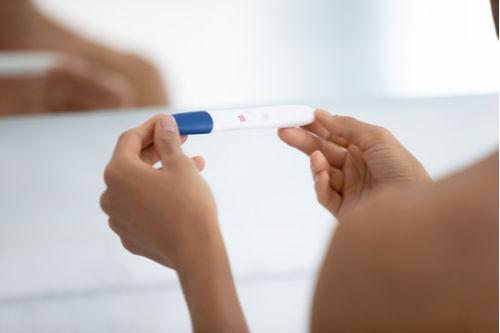
Myth 2: The withdrawal method prevents sexually transmitted infections (STIs)
Fact 2: This is a fact that most men and women get wrong. The withdrawal method means you are simply not using barrier protection like a condom. So there's skin-to-skin contact which definitely puts the partners at risk of contracting STIs like HIV, chlamydia, herpes and gonorrhoea. Using a condom is one of the best ways to reduce the risks of contracting STIs.
Myth 3: You can contract STI only after sexual intercourse
Fact 3: People can also get a sexually transmitted infection even if they don’t indulge in penetrative sex. STIs can spread even if you indulge in oral sex, anal sex, come in contact with vaginal fluid or semen, close genital contact, or share sex toys. STIs can also spread through bodily fluids like saliva and blood.
Myth 4: Doubling the condom doubles the protection
Fact 4: It is one of the weirdest myths that some people tend to believe in. Instead, it is a risky affair. Condoms are made from latex and the heat and friction produced during intercourse might rupture the condoms leading to leakage of cum that may result in pregnancy. One condom is enough for apt protection.
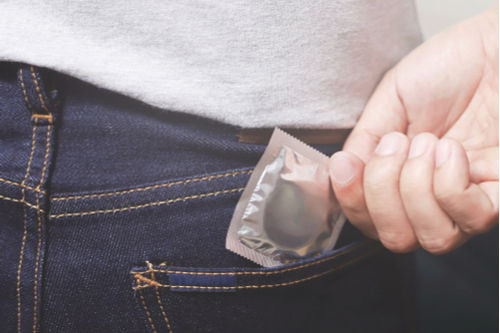
Myth 5: Consuming birth-control pills after unprotected intercourse can save from STI
Fact 5: An oral contraception or birth-control pill can only help in reducing the chances of pregnancy but not STIs. Similarly, intrauterine devices (IUDs) also cannot reduce the risks of contracting STIs. The most effective way is to use a superior-quality condom.
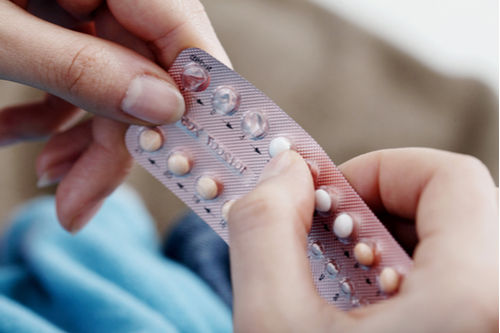
Myth 6: Having sex during menstruation reduces the chances of pregnancy
Fact 6: Menstruation is a period when a woman’s body eliminates ovules, commonly known as the unfertilized eggs, from the uterine lining. This makes many women believe that sex during their periods cannot impregnate them, which is a myth. A single menstrual cycle usually lasts for 28 days out of which women bleed for 3 to 5 days. However, for some women, the menstruation cycle is shorter, which means their ovulation stage starts early. During the ovulation period, women are most fertile and given the fact that sperm can survive inside the human body for up to 5 days, there are good chances of getting pregnant.
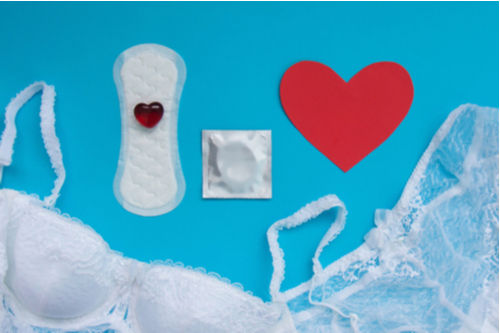
Myth 7: A woman cannot be pregnant if she does not have an orgasm
Fact 7: An orgasm is simply the feeling that sexual partners feel when they reach the height of sexual arousal and it has nothing to do with fertilization. This means if you are having unprotected intercourse and you happen to ejaculate inside the vagina without your partner achieving an orgasm, there are huge chances she might get pregnant.
Besides the above-mentioned myths, there can be many more sex-related myths, therefore, it’s always good to take proper precautions while enjoying sex. This will not only help keep you but also your partner in the pink of health. A periodical consultation with a gynaecologist or sexologist can also be a good way to steer clear of these myths and have a healthy sexual relationship.
Have more questions?
Medically reviewed by Dr Sonia Bhatt.
Sexual Wellness
Leave Comment
Recommended for you
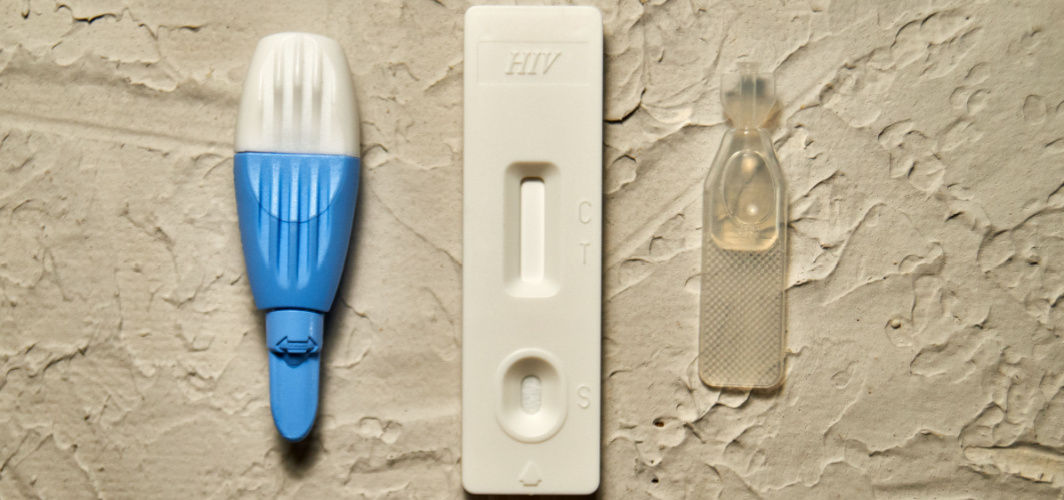
Sexual Wellness
HIV Test Kit: A Reliable And Safe Way Of Self-Testing
At-home HIV test kits are an important tool for the initial screening of the disease. Here, you will know more about HIV, how it spreads, and its diagnosis and treatment. You will also learn how to self-test using a home-based HIV test kit and interpret the test results.
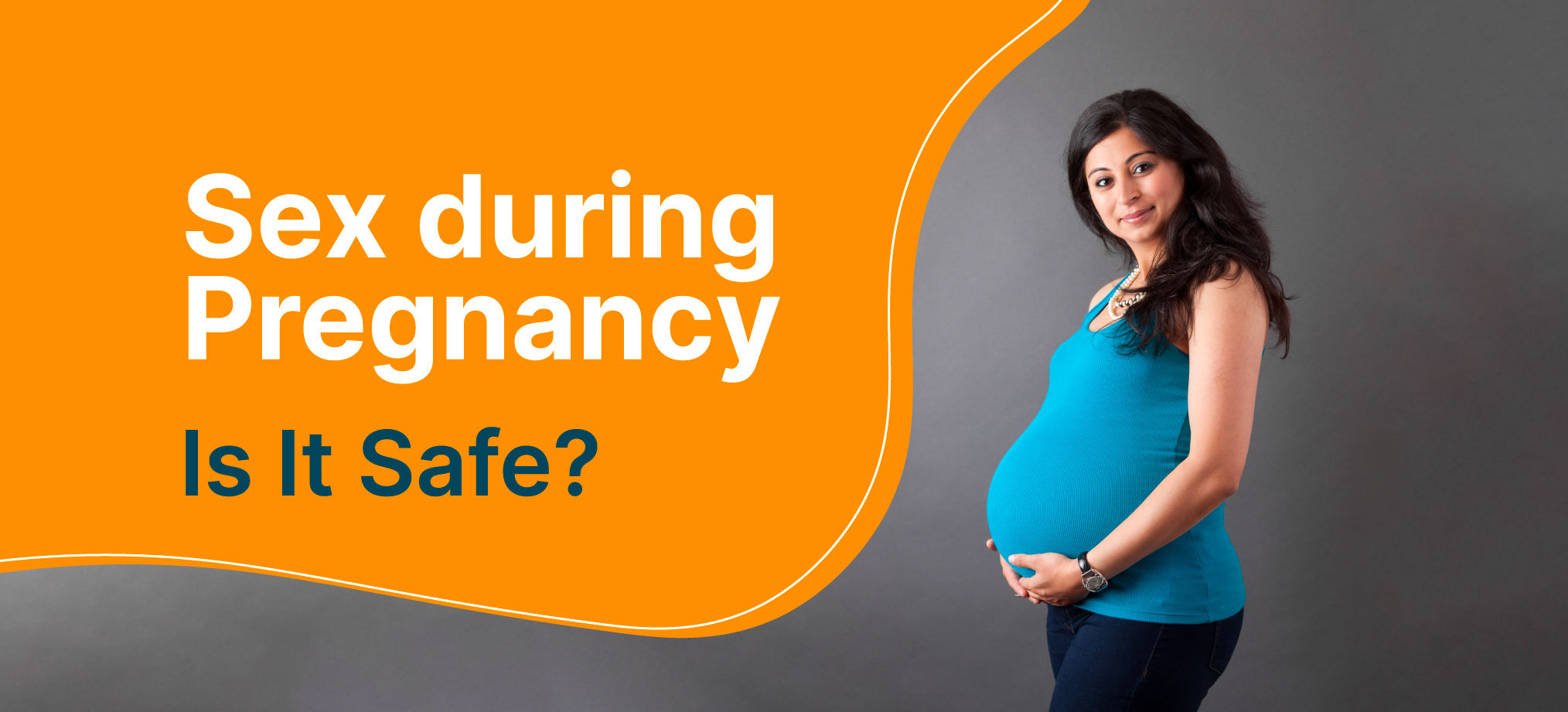
Sexual Wellness
Is It Safe to Have Sex During Pregnancy?
As new parents-to-be, couples generally refrain from sex during pregnancy basis the safety of their unborn child. Read on as we discuss this in detail, including when and when not to indulge, some benefits and cautions to keep in mind.

Sexual Wellness
7 Sexual Health Problems Men Must Know About
Read why men should pay heed to their sexual health to ensure overall wellbeing.
Subscribe
Sign up for our free Health Library Daily Newsletter
Get doctor-approved health tips, news, and more.
Recommended for you

Sexual Wellness
HIV Test Kit: A Reliable And Safe Way Of Self-Testing
At-home HIV test kits are an important tool for the initial screening of the disease. Here, you will know more about HIV, how it spreads, and its diagnosis and treatment. You will also learn how to self-test using a home-based HIV test kit and interpret the test results.

Sexual Wellness
Is It Safe to Have Sex During Pregnancy?
As new parents-to-be, couples generally refrain from sex during pregnancy basis the safety of their unborn child. Read on as we discuss this in detail, including when and when not to indulge, some benefits and cautions to keep in mind.

Sexual Wellness
7 Sexual Health Problems Men Must Know About
Read why men should pay heed to their sexual health to ensure overall wellbeing.
